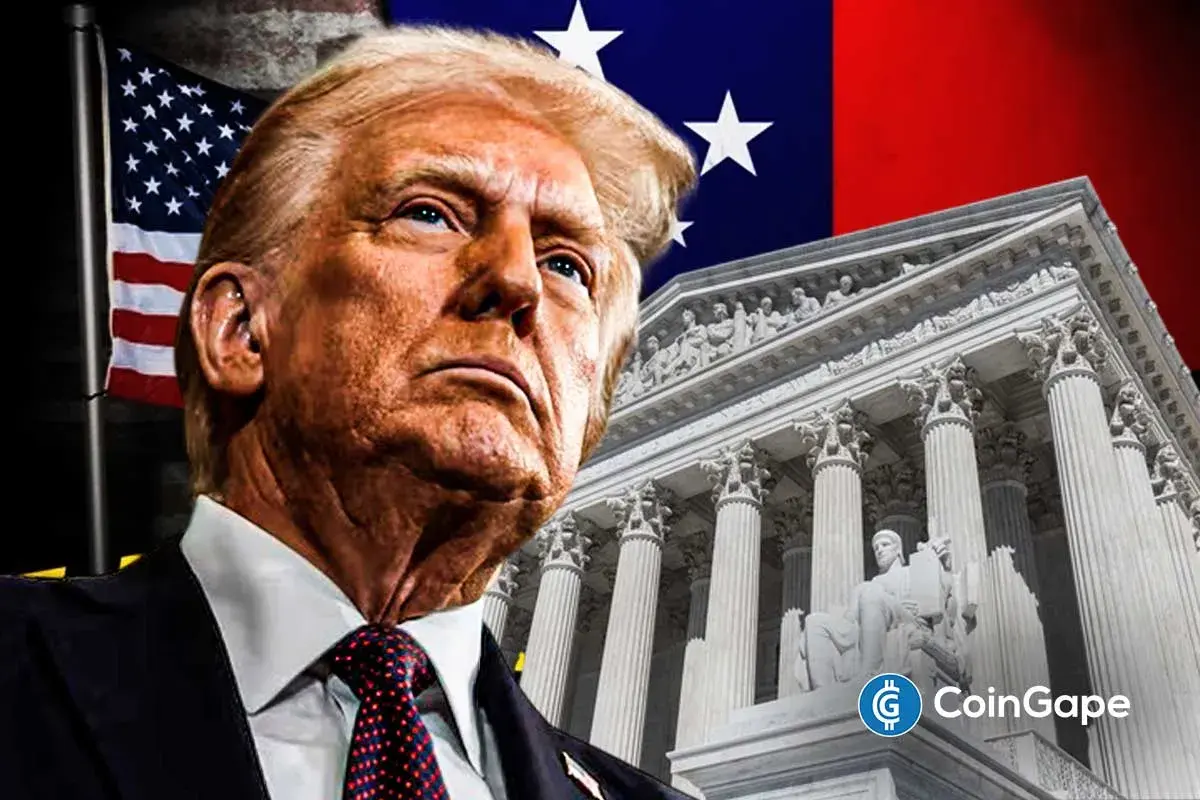Majority Senators In U.S. Congress Are Pro-Crypto Says SkyBridge Director

Republican and Democrat senators appear to be setting aside political differences to collaborate over crypto regulation, according to Kristin Smith, Independent Director at hedge fund SkyBridge Capital.
In a series of tweets, Smith cited several instances where Senators from both parties presented pro-crypto stances, and even introduced crypto-friendly regulation legislation.
Her comments come in the wake of an executive order from President Joe Biden that called for U.S. regulatory bodies to cooperate over constructive regulation in the space. The move was widely welcomed by the crypto community.
Some U.S. Senators look past parties
SkyBridge’s Smith noted a recent announcement by Republican Senator Cynthia Lummis and Democrat Kirsten Gillibrand at a Politico live event, where they said they were preparing regulatory framework for the crypto industry.
Last week, Republican Senator Tom Emmer headed a group of four Republicans and four Democrats in writing a letter to the Securities and Exchange Commission (SEC) asking the regulator not to impose strict reporting requirements and stifle innovation in crypto.
Emmer also chairs the Blockchain Caucus, a group of Bipartisan Senators dedicated to passing crypto-friendly legislation.
Smith said that while bipartisan cooperation did not necessarily imply that crypto would encounter no regulatory headwinds, it did show that cooperation over the space saw no political boundaries. The sentiment is in line with crypto’s decentralized nature.
Still, other U.S. politicians have taken a tough stance against crypto. Democrat Senator Elizabeth Warren recently called for tough surveillance of crypto, to prevent Russia from potentially evading sanctions through the medium. The SEC has also repeatedly tried to rein-in crypto firms.
U.S. regulation still in early stages
While Biden’s order this month marks a positive step for regulation, actual law still remains in its early stages. Regulation passed at a federal level has largely targeted investor protection, while ongoing discussions over the nature of cryptocurrencies are yet to be resolved.
However, several states, including New York, Colorado, and Virginia, have attempted to court the rapidly growing industry by passing crypto-friendly regulation. Colorado allows citizens to pay their taxes in tokens, while Virginia recently allowed banks to offer crypto custody services.
- CLARITY Act: Crypto Group Challenges Banks Proposal With Its Own Bill Suggestions
- Trump’s Truth Social Files For Bitcoin, Ethereum, Cronos Crypto ETFs Amid Institutional Outflows
- Trump Tariffs: U.S. Supreme Court Sets February 20 for Potential Tariff Ruling
- Brazil Targets 1M BTC Strategic Reserve to Rival U.S. Bitcoin Stockpile
- Breaking: U.S. CPI Inflation Falls To 4-Year Low Of 2.4%, Bitcoin Rises
- XRP Price Prediction Ahead of Potential U.S. Government Shutdown Today
- Bitcoin Price Outlook As Gold And Silver Lose $3.6 Trillion in Market Value
- XRP and Ethereum Price Prediction as Trump Seeks to Lower Key Tariffs
- Solana Price Prediction as $2.6 Trillion Citi Expands Tokenized Products to SOL
- Bitcoin Price Could Fall to $50,000, Standard Chartered Says — Is a Crash Coming?
- Cardano Price Prediction Ahead of Midnight Mainnet Launch


















